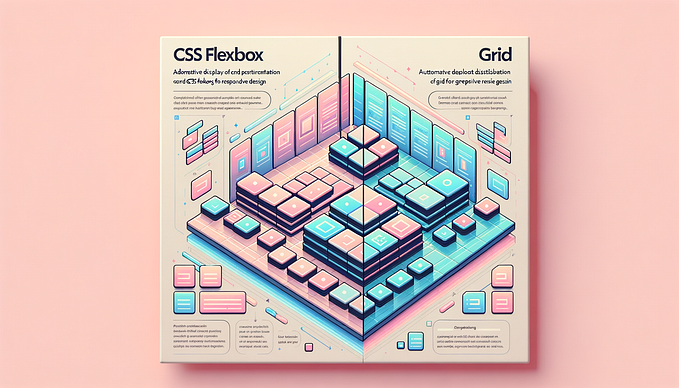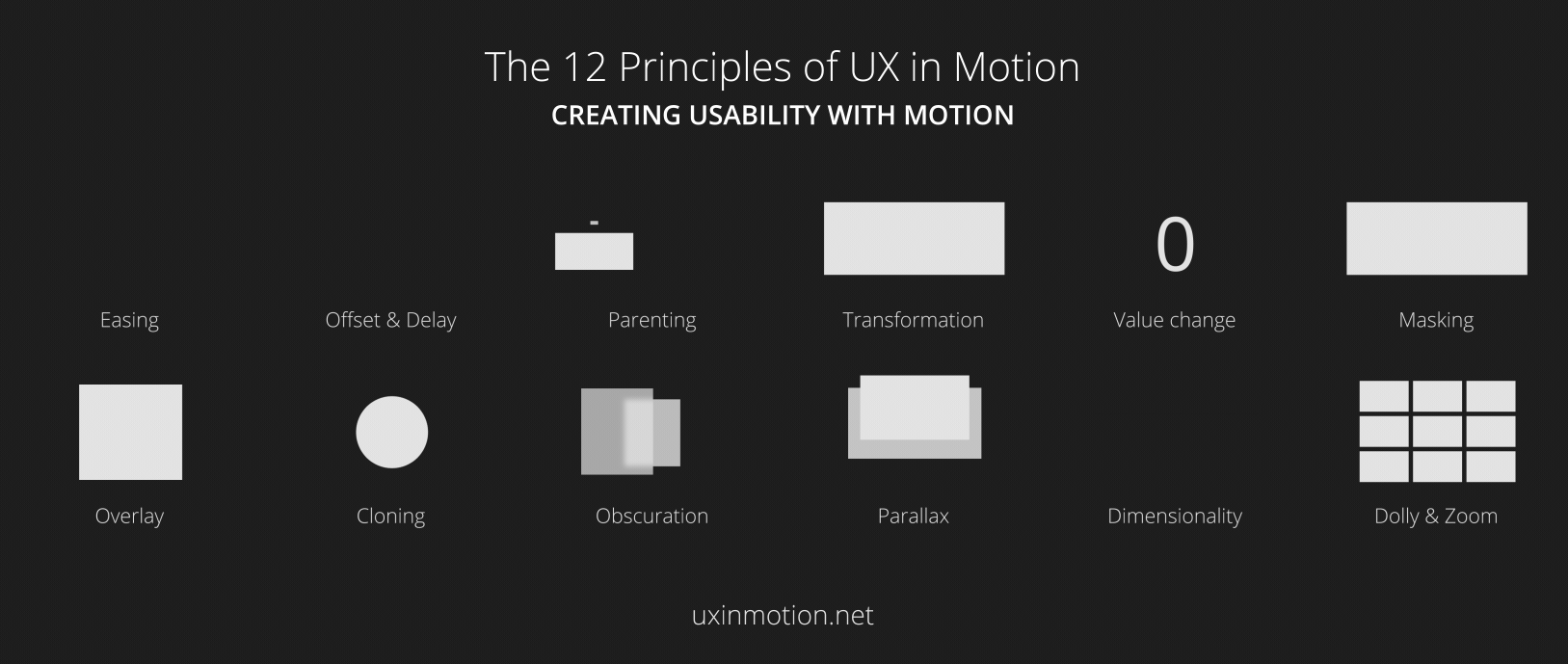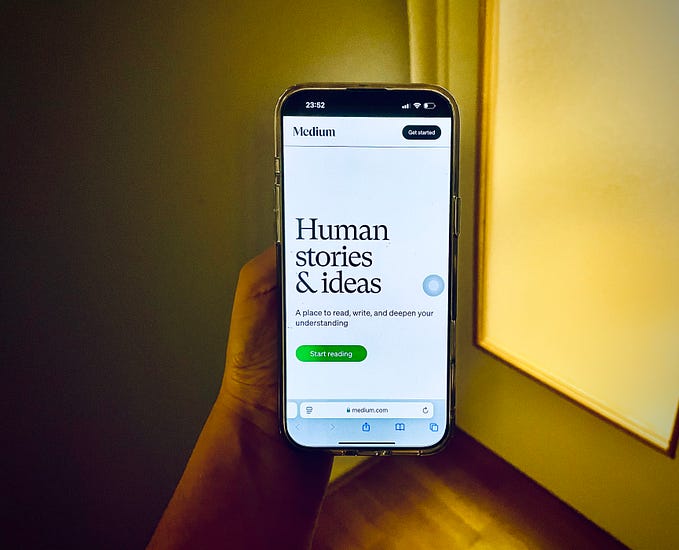Member-only story
An ode to No-Code from an old-school coder and design snob

As a designer and coder for more than half my life, I’ve got something controversial to say:
I think no-code and low-code platforms are the greatest things to happen to the tech world.
And I’m not alone. The no-code web development company Webflow recently raised $140M, increasing its valuation to $1.2 billion. Other no-code companies like “robotic process automation” giant UiPath and application-building platform Unqork have upped their growth ante with multi-million dollar investments and multi-billion dollar valuations ($10.2B and $2.1B, respectively).
The impact of this revolution isn’t something that’s light-years off, either. Forrester projects the low-code market to top $21 billion in spending by next year, and Gartner says low-code application platforms will drive 65% of all app development by 2024.
But that’s not why I’m psyched about low-code and no-code platforms. After all, it may seem counterintuitive for a digital design company’s founder to embrace technology that empowers a 17-year-old kid with a basic knowledge of coding and a Bang-stocked mini-fridge to crank out pretty apps, websites, and transformational customer experiences.
Nah, that’s not what scares me.
A lack of progress is what keeps me up at night. What low-code and no-code do is democratize forward motion. This is good news all around — it’s a massive win for inclusivity. The gates are lifted, and digital literacy is available to all thanks to the accessibility and simplicity of drag ’n drop.
It’s also a shot in the digitization arm we all need to stimulate new opportunities and greater possibilities for even the most advanced engineers.
Expanding the Universe
John Maeda, the incredible technologist and designer, included in his most recent book, How to Speak Machine, a quote from AI pioneer Joseph Weizenbaum, which speaks eloquently to how I’ve always felt about being able to write code:
“The computer programmer is a creator of universes for which they alone are the lawgiver. No playwright, no stage director, no emperor, however powerful, has…








